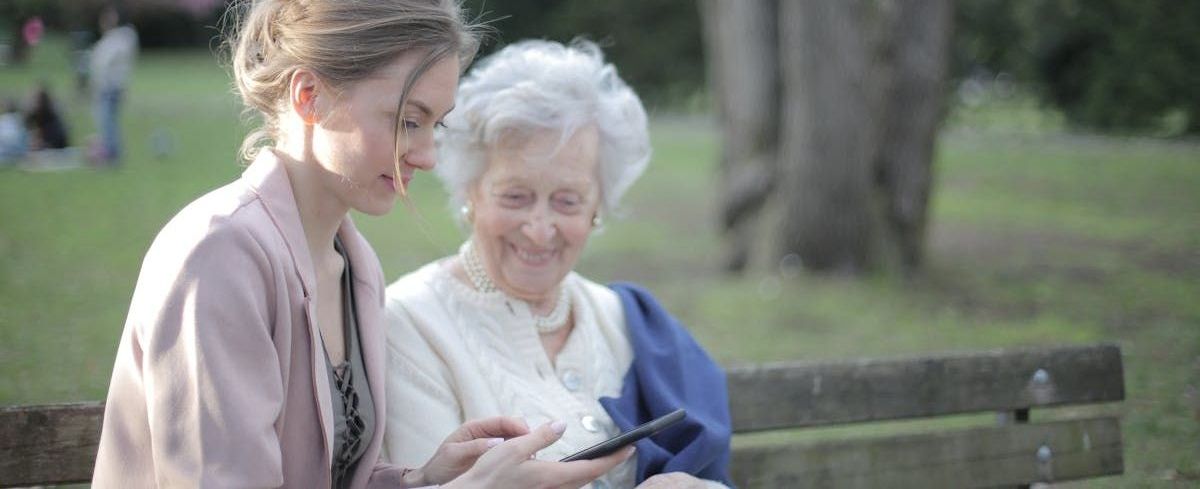WANT TO CHANGE
THE FUTURE?
Read more to see if Planned Giving is right for you.
What Is Planned Giving?
There are many ways to support the causes we care about — volunteering, forwarding newsletters to friends and family, and attending local fundraisers. But what about leaving a more lasting impact?
For millions of people, planned giving offers the opportunity to honor loved ones and support future generations beyond our lifetimes. Additionally, nonprofits like Boys & Girls Clubs of Charlotte County rely on the ongoing generosity of donors to grow our operations, reach, and impact.
Planned giving, or charitable giving financial planning, is any gift made as part of a donor’s overall financial or estate planning. These gifts can be made during a donor’s lifetime or upon their passing. They can be as simple as a bequest in a will or as complex as a charitable gift annuity.
There are many options for planned giving, but a few of the most common are:
- Bequests: A bequest is a gift made through a will or a revocable trust, which takes effect after the donor has passed. It’s a popular option due its simplicity to set up, and it costs nothing during the donor’s life.
- IRA Charitable Rollover: If you are 70½ or older, you can use your IRA to fulfill your charitable goals, avoid paying income taxes and still meet your Required Minimum Distribution.
- Charitable Gift Annuity: This planning tool allows you to transfer an asset to charity and in return, you become eligible for tax deductions and the charity agrees to make payments to you for life, providing you with a fixed income stream.
- Donor advised funds: With a donor advised fund, you can make charitable gift recommendations during your lifetime and distribute gifts to numerous charities. When you pass away, your children can carry on your legacy of giving.
- Beneficiary Designation: You can designate a nonprofit as the beneficiary of your bank account, life insurance policy, IRA, 401(k), 403(b) or other pension account. With a beneficiary designation, you maintain control of your assets during your lifetime and can potentially avoid heavy taxes.
Benefits of Planned Giving
Planned giving is a way to make larger gifts to charitable organizations that may not be feasible through regular income. You also enjoy tax benefits and even income from planned giving models you choose like a charitable gift annuity.
For example, when you transfer appreciated property through a Charitable Remainder Trust, you can avoid paying capital gains tax, enjoy regular income for life or a term of years, and receive the benefit of tax savings from a charitable deduction. Moreover, if your estate plans include your children or grandchildren, a Charitable Lead Trust can allow your loved ones to avoid substantial gift or estate taxes.
Why give to the Boys & Girls Clubs of Charlotte County?
A gift to Boys & Girls Clubs of Charlotte County has the potential to influence thousands of young people’s well-being far into the future.
In fact, every dollar invested in Boys & Girls Clubs returns $9.60 in economic benefits to individuals and society.
Overall, planned giving allows you to leave a lasting legacy with many models to choose from. Giving to Boys & Girls Clubs of Charlotte County also empowers generations of youth with caring mentors, life-shaping programs, and safe after-school environments.
Whether you choose a planned gift or a legacy gift, join us in paying forward our mission to enable all young people to be great today and become productive, caring, responsible citizens tomorrow.
*Please note that this article is informational and educational in nature and is not offering professional tax, legal or accounting advice.*
For specific advice about the effect of any planning concept on your tax or financial situation or with your estate, please consult a qualified professional advisor.










